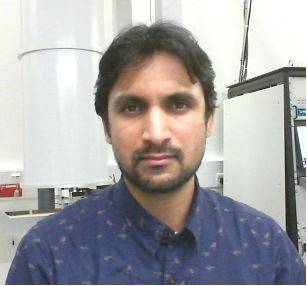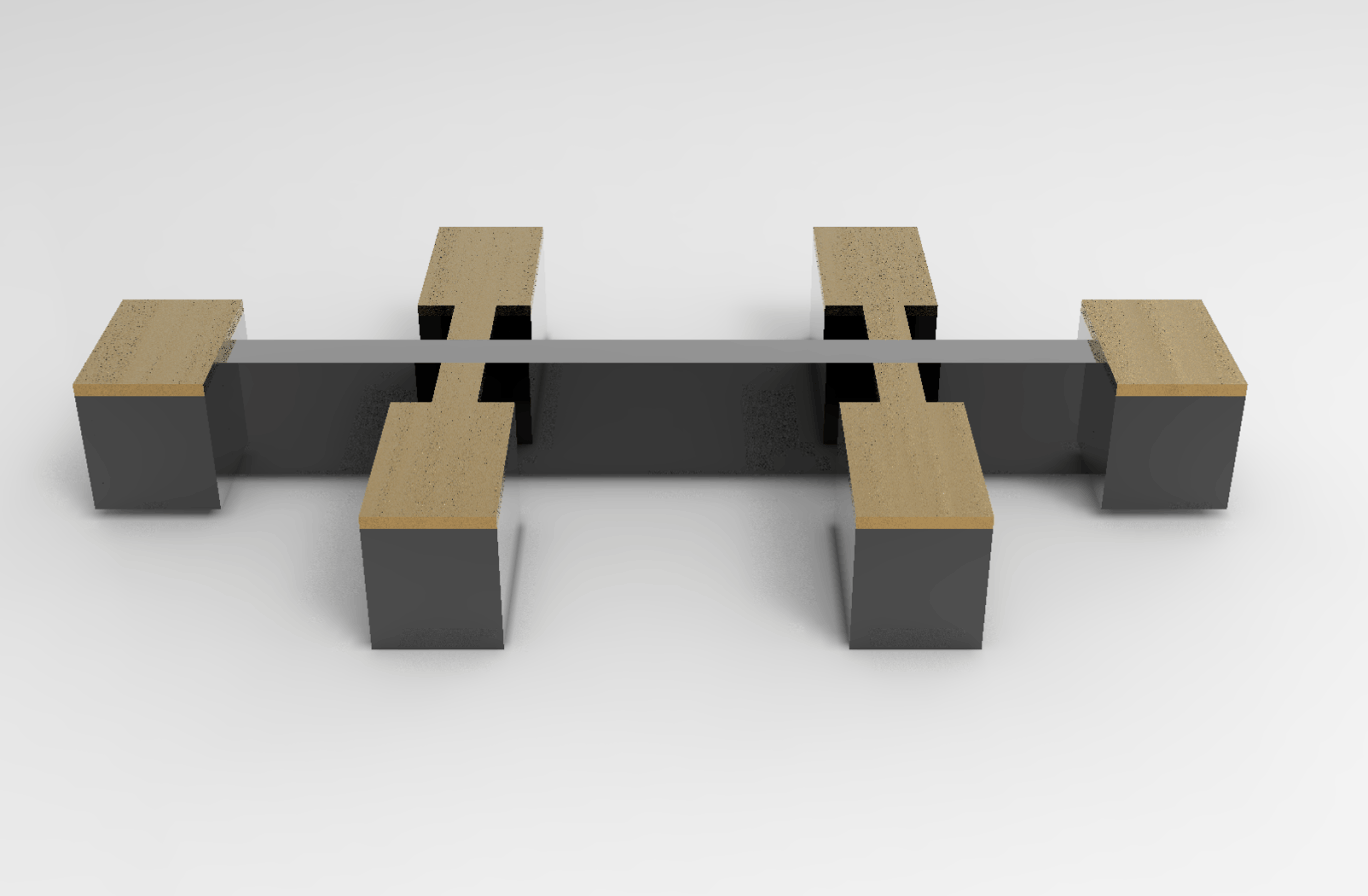Sanjeev Kumar is a UKRI Future Leaders Fellow at the Department of Electronic and Electrical Engineering, University College London, and leads work on investigating electron transport in low dimensional semiconductor nanostructures for fundamental aspects of quantum condensed matter physics for quantum technologies.

Sanjeev Kumar
Principal Investigator
